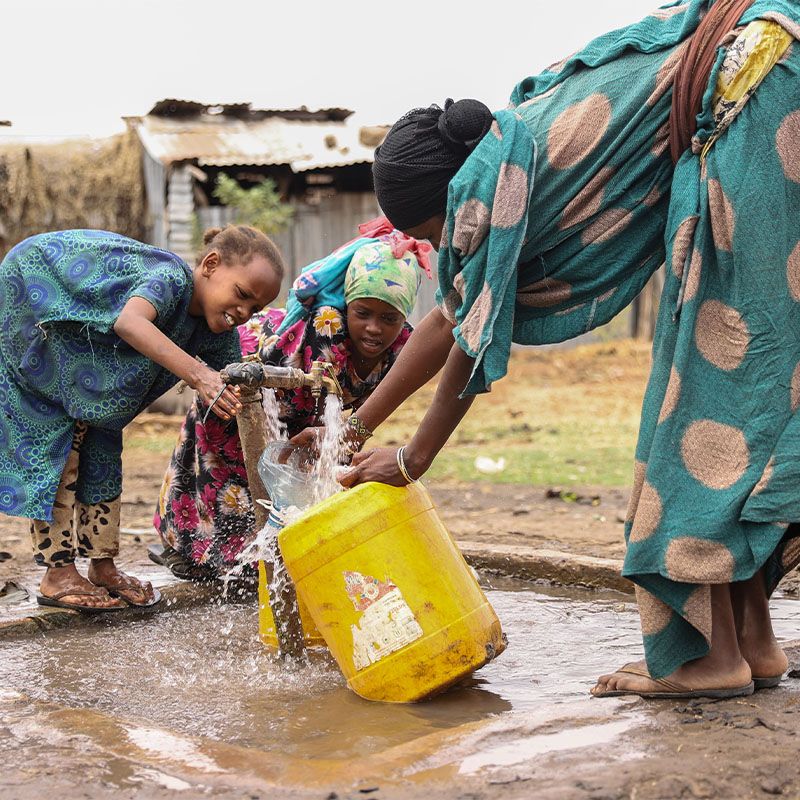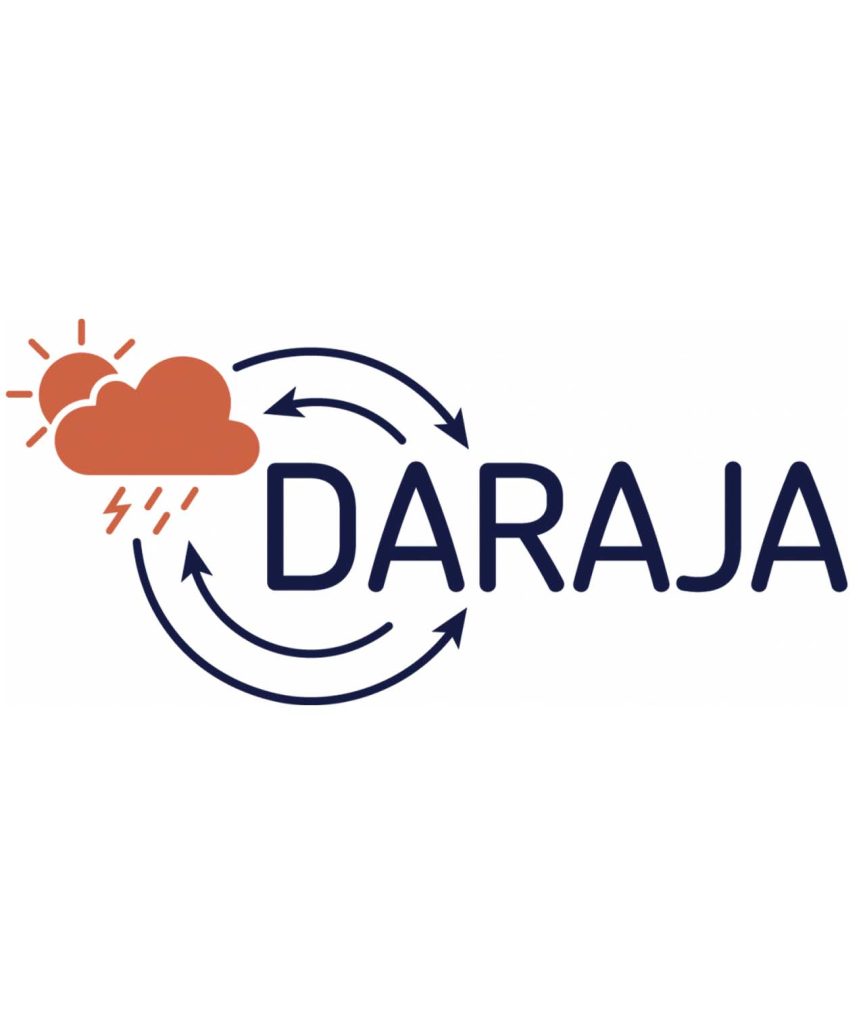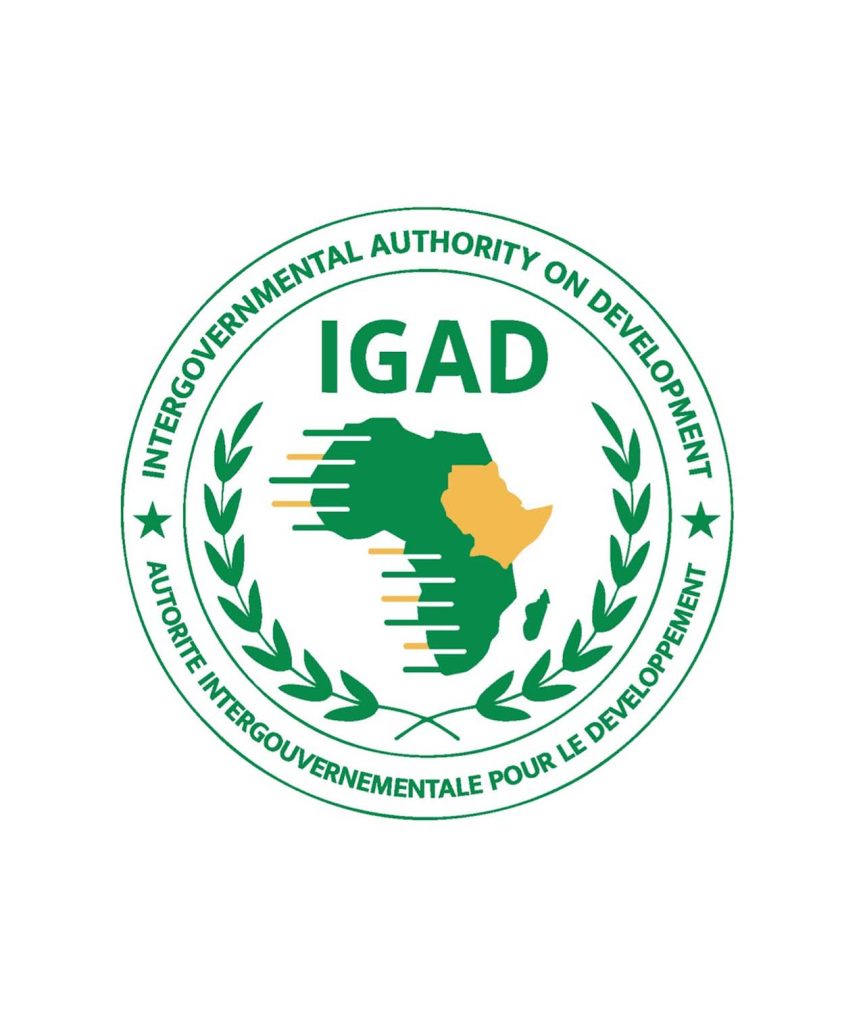By: Luganda David Nsiyonna
NAIROBI, Kenya – The Intergovernmental Authority on Development (IGAD) has a strategy to tackle severe water insecurity in the region, which is being worsened by climate change. The IGAD Climate Adaptation Strategy (2023–2030) outlines a comprehensive framework for coordinated action to enhance resilience and adaptive capacities among its member states.
The IGAD region, where about 70% of the land is arid or semi-arid, is particularly susceptible to climate change. Climate-related impacts, such as droughts, floods, and cyclones, lead to water insecurity. This has resulted in reduced crop production, extensive livestock deaths, and a rise in waterborne diseases, all of which undermine the region’s socio-economic development. Rain-fed agriculture and livestock production systems form the backbone of the IGAD economies, making them extremely vulnerable to these climate shocks.
The strategy, developed by the IGAD Centre of Excellence for Climate Adaptation and Environmental Protection (IGAD CAEP), sets out an eight-year plan to address these challenges. It adopts a “whole-of-society approach” to build resilience and sets realistic, achievable near-, medium-, and long-term targets.
The strategy advocates for transformative investments in water-sensitive urban infrastructure to create a climate-resilient future. Key measures include:
- Improving water availability and quality: The strategy emphasizes better management of water resources to address widespread water insecurity.
- Enhancing flood resilience through ecosystem-based approaches: The plan promotes nature-based solutions (NbS) and ecosystem-based adaptation (EbA) to improve flood resilience.
- Reducing groundwater over-extraction and energy use: The strategy notes that taking action on water challenges can lead to benefits such as lower net energy requirements. It also identifies increased groundwater abstraction as a challenge.
- Supporting climate-resilient agricultural productivity and public health: Proposed actions include building resilient health systems and preparing responses to the health impacts of extreme weather events. The strategy also highlights opportunities for leveraging climate-smart agriculture technologies to enhance food security.
“This first-ever, regional-wide adaptation Strategy is a comprehensive framework for coordinated action to address climate risks and enhance the resilience and adaptive capacities of IGAD Member States,” the summary states. The strategy is aligned with international and continental frameworks, including the Paris Agreement and the African Union’s Agenda 2063.
Successful implementation of the strategy will depend on a significant increase in adaptation financing, technical support, and capacity building from the international community. The strategy also stresses the need for a collaborative effort among member states for managing shared resources like water and land.









